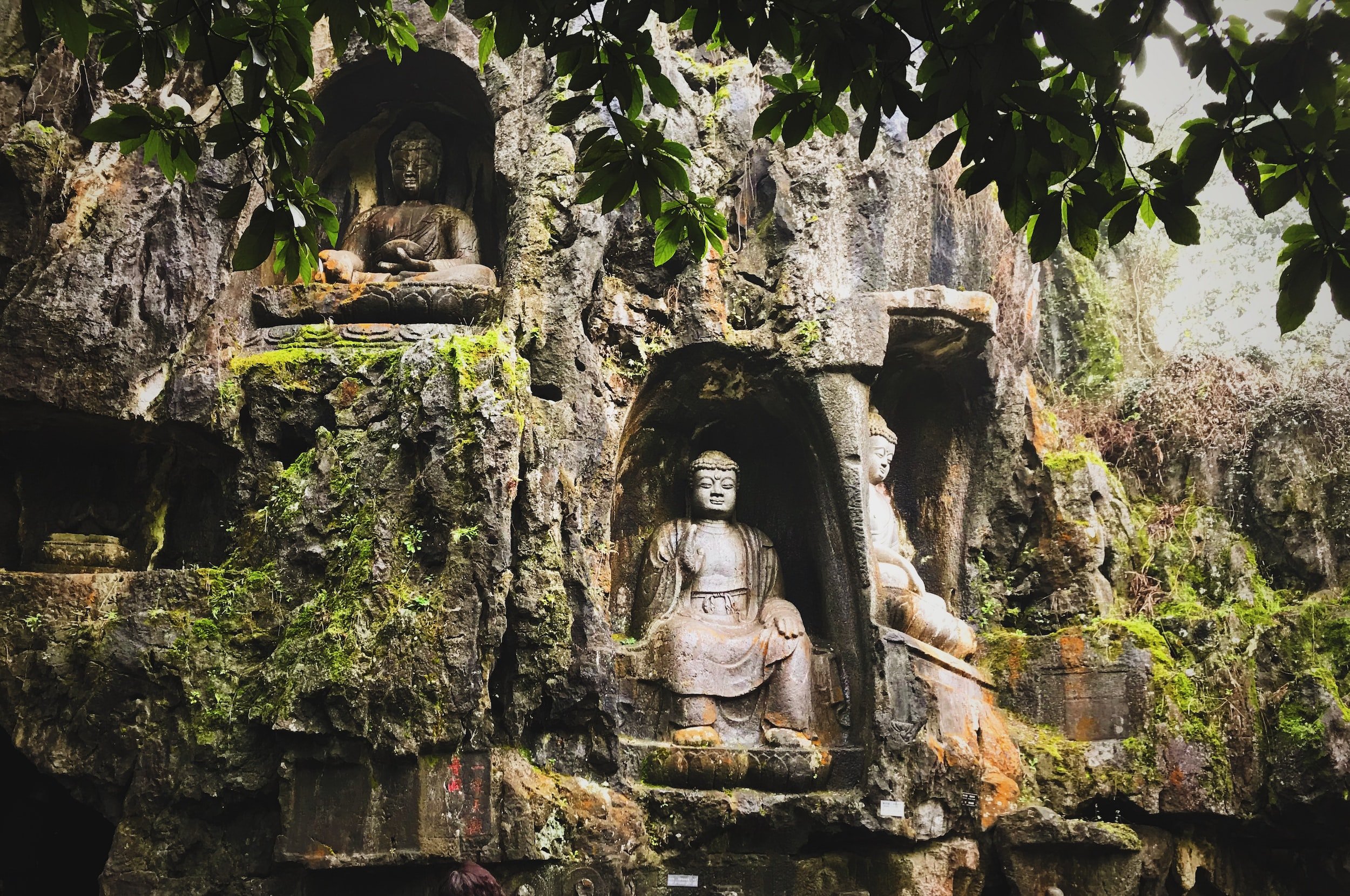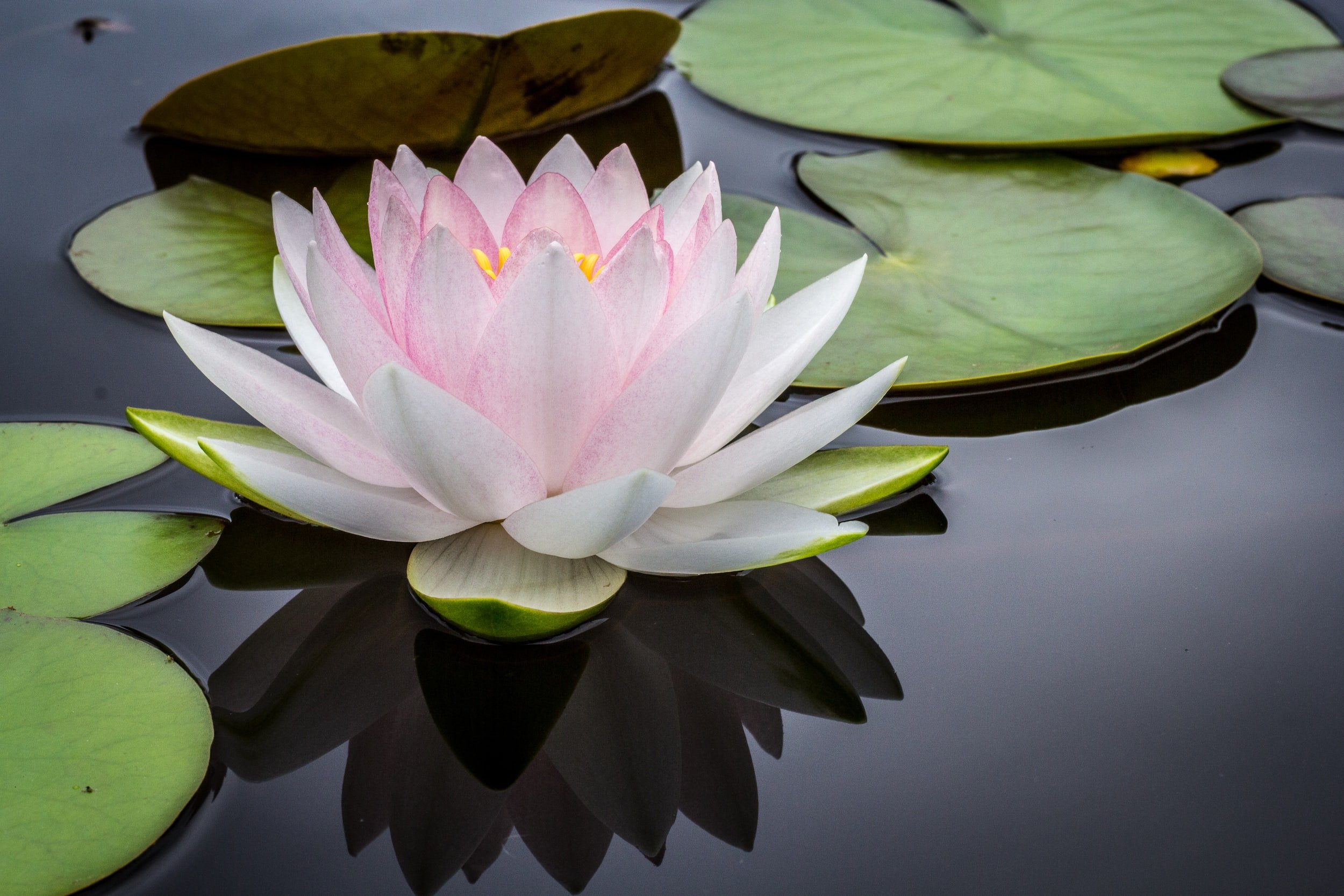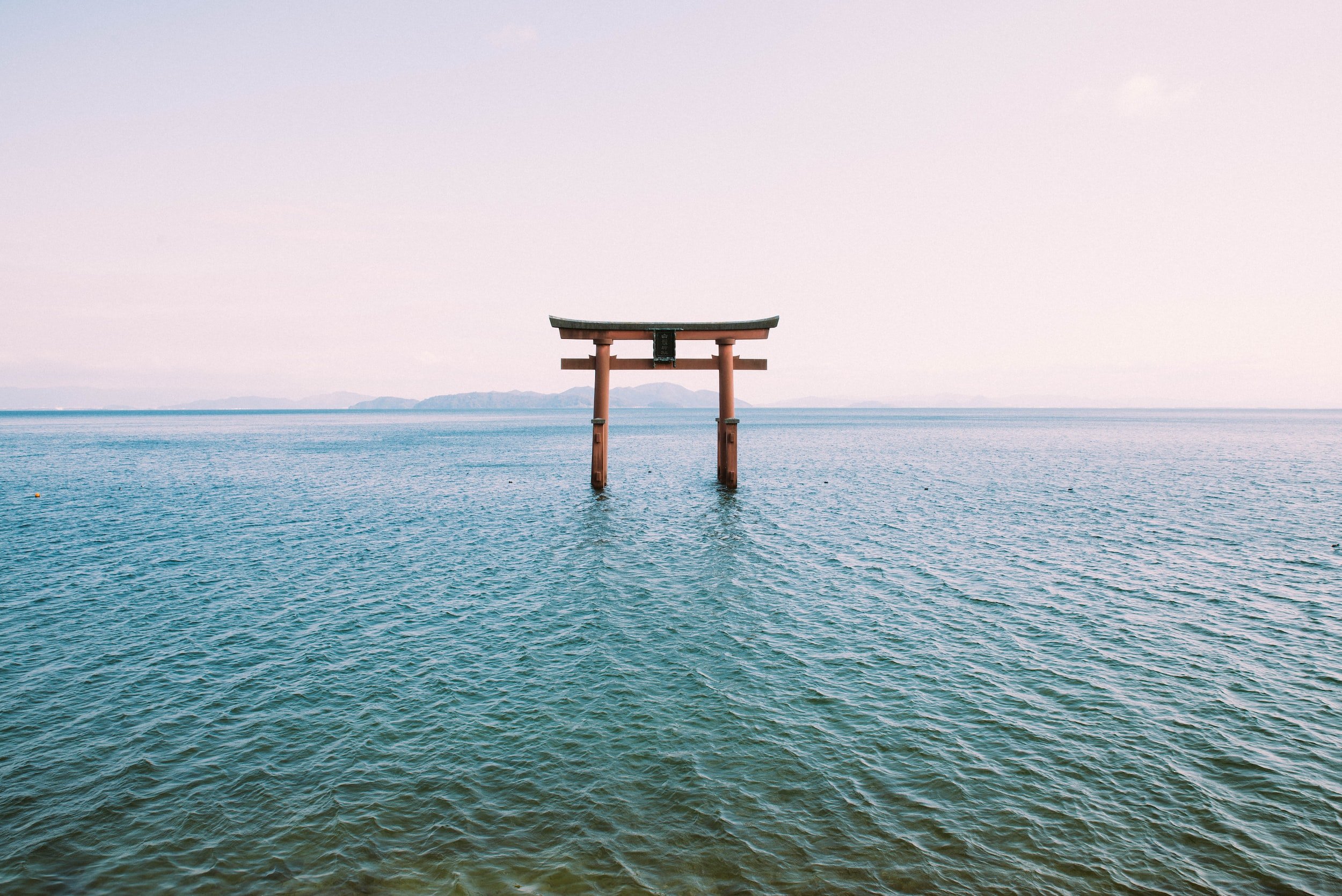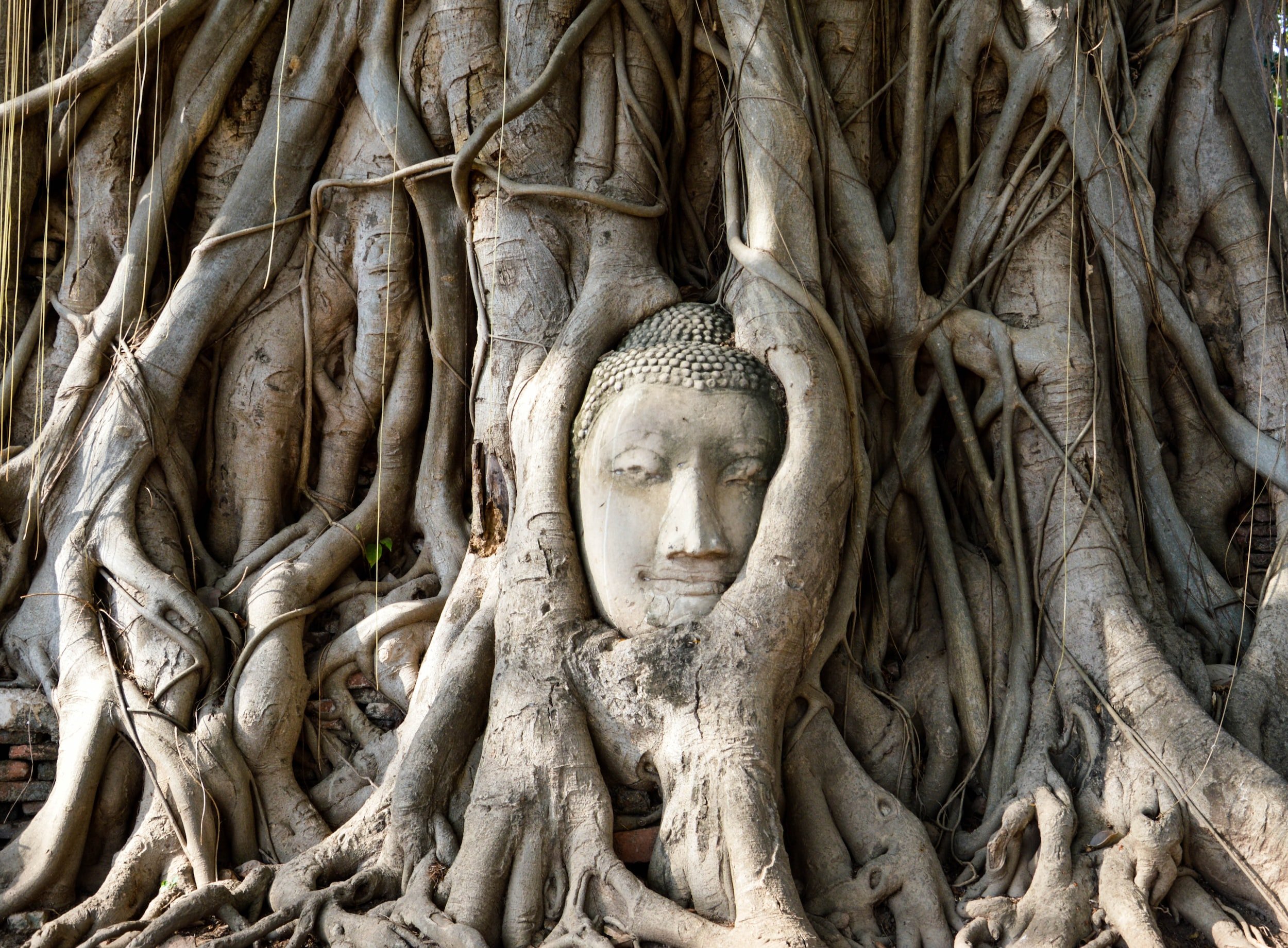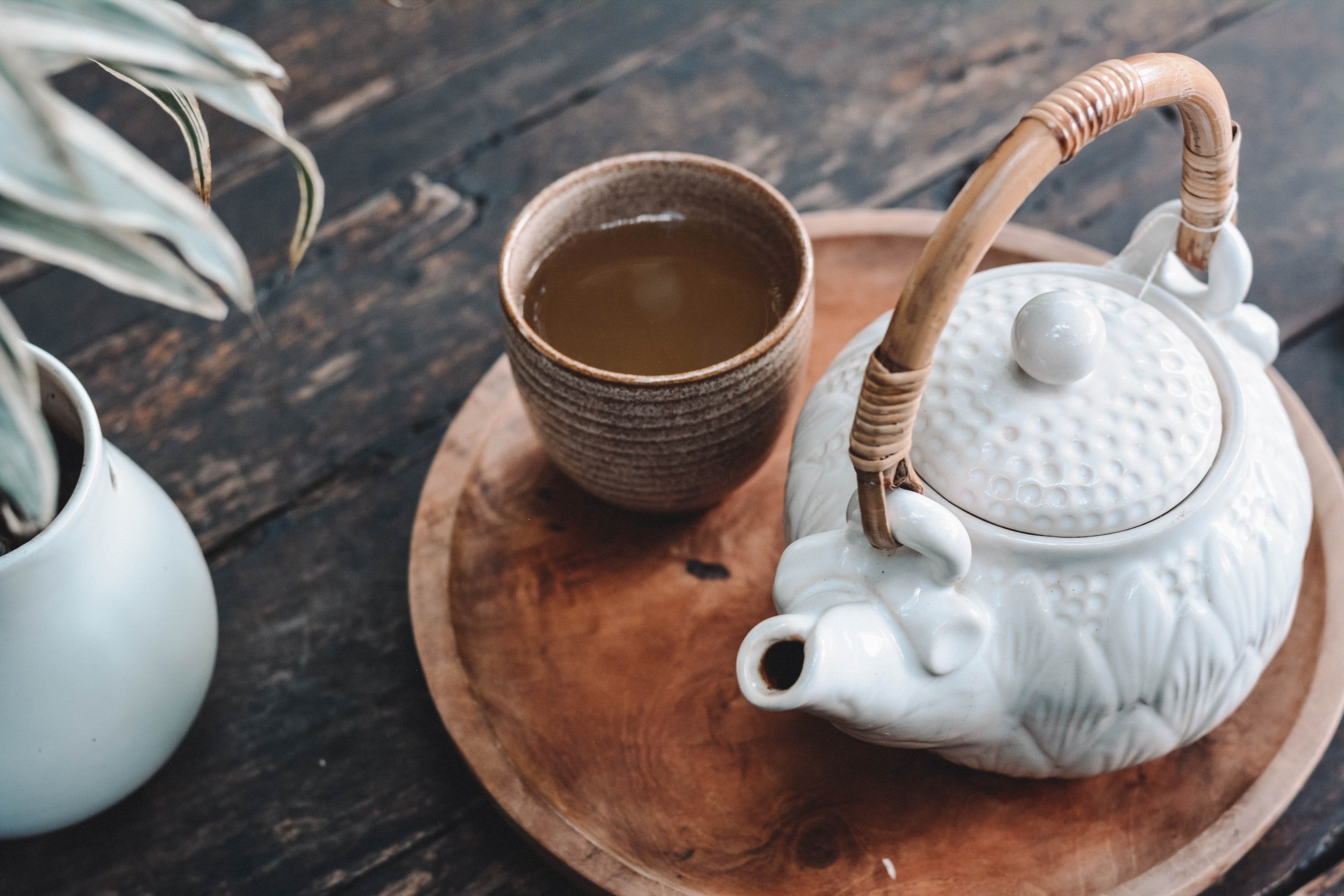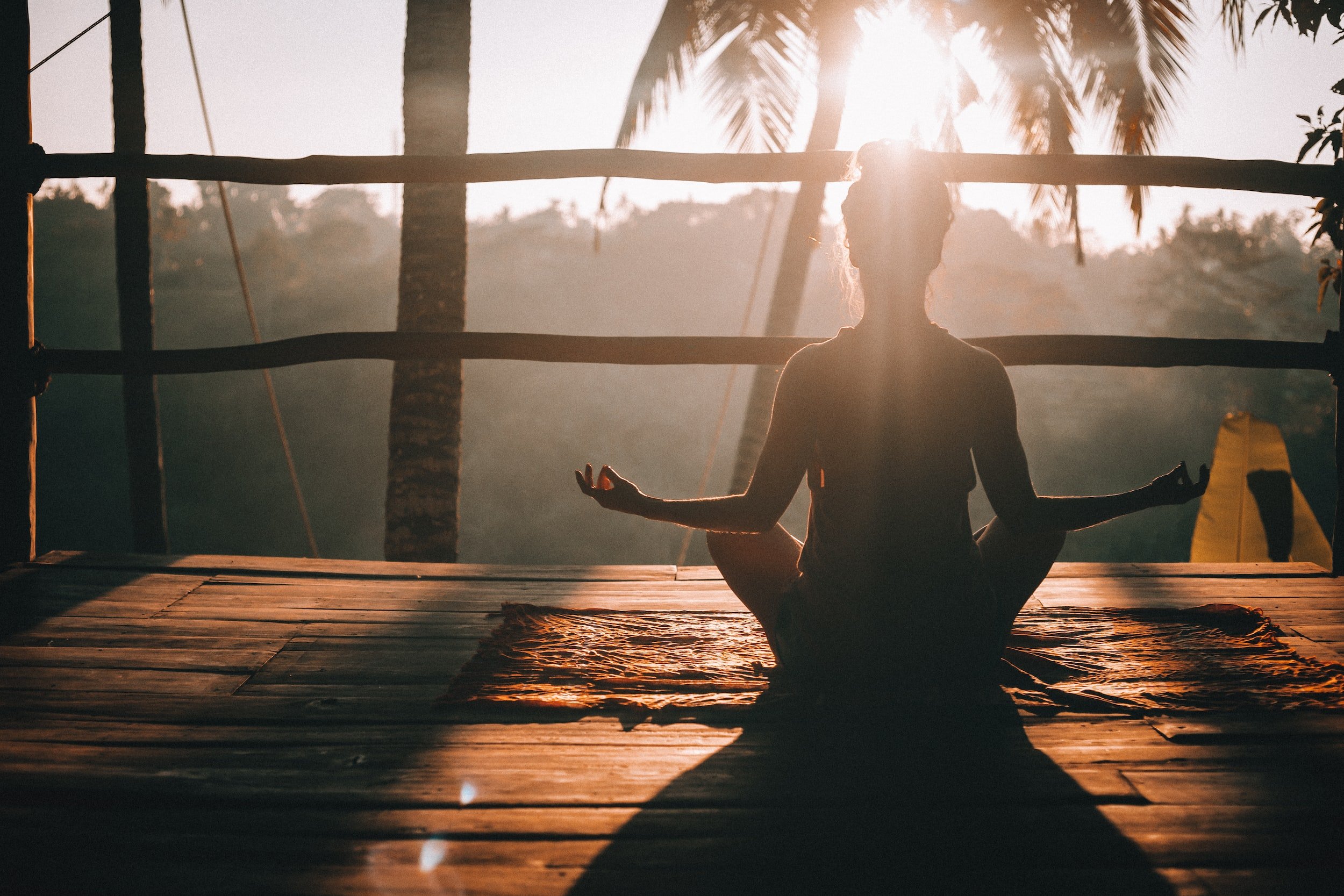Zen Life: 15 Ways to Gain More Inner Peace
Zen
noun
ˈzen 1 : a Japanese sect of Mahayana Buddhism that aims at enlightenment by direct intuition through meditation
2 or zen : a state of calm attentiveness in which one's actions are guided by intuition rather than by conscious effort
Perhaps that is the zen of gardening—you become one with the plants, lost in the rhythm of the tasks at hand.—Irene Virag
Buddhism is one of the oldest and most influential philosophical traditions in the world, with millions of adherents across different countries. The teachings have become widely accepted by people around the globe who seek inner peace and spiritual growth.
Before we dive into a list of ways you can incorporate more zen into your life. I want to share with you a personal miracle I experienced the night I learned a Buddhist chant for the first time many years ago when I had just moved to LA. I had just gotten off a long shift at work, I worked just off Hollywood boulevard and traffic was very busy because it was the night of the Hollywood Christmas Parade. I decided to watch it and wait for traffic to die down before jumping on my bus to head home. There, I met this sweet woman who was all bundled up and excited to watch the parade. We both talked for a few minutes and she opened up about being a Buddhist. I have always been very curious about the religions of the world and she shared a bit with me and then offered to teach me a chant. I said, “sure” excited to learn something new and that she wanted to share something special to her with me.
The chant was “Namu Myōhō Renge Kyō”.
We did the chant together several times, there must have been others around who might have heard us but in that moment it felt as though we were the only people there. After we had chanted we watched the parade and then said our goodbye before realizing we were walking in the same direction and then just continued to talk. About ten minutes later we got to an intersection that would lead us in different directions and said our goodbyes. I crossed the intersection just a small step in front of a group of people coming through with me, the walk sign was lit. As we were crossing I saw a light, I turned to my right to see two headlights speeding toward me blindingly bright. Yet, time seemed to slow and I ended up on the other side of a large black SUV. The driver had run a red light and gone through the crosswalk before halting to a stop with the group of people I had been crossing with, across from me on the other side of the car. People were gasping in disbelief. The two woman in the SUV rolled down the passenger window and screamed “Did I hit you?!” In a panicked, high pitched tone. The passenger was rocking back slightly equally in disbelief. The Buddhist woman who had chanted with me saw wha had happened and yelled out me, “It’s a miracle! It’s a sign from God!” I too, was in complete shock. I ran my hands against my body to make extra sure I hadn’t been hit. The lights came right at me, yet somehow I seemed to be teleported to the other side. I wasn’t pushed, I hadn’t had time to run, “it was a miracle!”
The mind will often try to explain things in ways we can understand. If that large group of people hadn’t seen the event and reacted that way I probably would have convinced myself that maybe my mind remembered it differently or something else. When we have so many witnesses to our miracles they are hard to deny. This is why I share mine, in the hope that you will believe in the power of miracles even more strongly.
Now, I believe that we experience miracles all the time. They aren’t all big, dramatic or life-saving. Some miracles are just thinking about someone you haven’t heard from in years and then- BAM, they call you or needing an extra $200 for a bill that month and you get that exact amount. Miracles are a big passion of mine, I love reading about them and experiencing them.
According to Buddhism, the Buddha experienced many miracles in his lifetime. We can experience many miracles as well and be a part of them by listening to the callings from within. A subtle but important miracle might be seeing a person we have had struggles with through a lens of love or getting a great spark of inspiration that brings more joy into our life.
I find that the more you celebrate and strengthen your faith in them the more they show up. I love hearing about the miracles people experience! If you have one you’d like to share I would LOVE it if you reached out with it to - Kaden@KadenJames.com
Here are some ways we can live more like a Buddhist, you can incorporate some of these ideas into your life to promote inner peace and contentment.
1. Cultivating an attitude of gratitude for all that you have and life’s beautiful moments. Spend some time saying out loud or writing down things you are grateful for and why. Don’t miss out on the why, this will help anchor in your gratitude with deeper depth. An example “I love my home.” vs “I love my home for providing me with a secure space to recharge after a long day. I love that it keeps me dry and warm and that I can have people over and it houses so many things that I love.” See the difference? Now we could go on and on about one subject such as our home and let the gratitude just well up around that one topic. This in turn could change how we see our home, even if it’s not exactly where we most would like to live, gratitude makes everything better.
2. Focusing on the present moment and not dwelling in the past or worrying about the future. Being with this moment is one of the greatest things we can do to get out of our mind and into our heart. I find that the feeling of touch can really bring someone into the moment. Touching your own hands and rubbing them slowly together and just feeling the sensation as thoughts and to do lists fade away. Limiting distractions can really help as well.
3. Practicing mindfulness through meditation, yoga, tai chi, qigong or any other activity you enjoy. Try out different practices and see which you enjoy most then return to them often to experience the major benefits.
4. Letting go of attachment to material possessions and seeking inner satisfaction rather than external validation or reward. This one can be challenging for a lot of us. It doesn’t mean that we should give away all our things or not have abundance in our lives. We are connected to everything, we were made abundantly and can enjoy things we just have to be careful not to overly attach to things. When we do we miss out on the real reasons we are here. It’s really about the experiences and love felt and shared.
5. Being kind and compassionate to yourself and others in thought, word and deed. Compassion is recognizing the struggles souls face and making the journey for them easier. It’s an act of love that can be done so subtly that the person is never even aware of it. This is what compassion mastery is all about, it’s not seeking credit yet delivering love without a box, bow or a card. It’s just allowing it to be experienced without a thank you ever needed.
6. Accepting impermanence as a part of life – buddhists view change as an integral part of existence, learning to be comfortable with it instead of resisting it. Change is inevitable but it is also beautiful. People are wonderful at each age and stage of life. Aging is the one I see most people resist the most, when we come to know that we are so much more than just a body we can deeply appreciate it for giving us every experience we have had as a human being. When we appreciate our body and love it, it heals quicker, looks better, feels better and we end up taking better care of the things we appreciate.
7. Cultivating insight and wisdom through study, contemplation and introspection. This is what it is to be a “forever student”. It’s so healthy to expand our minds by taking in more knowledge, wisdom and then asking ourselves deep questions to understand ourselves even more. This also makes us much more interesting and enjoyable at a dinner party.
8. Practicing mindful eating and giving thanks for the nourishment it provides. This slows us down a bit, it welcomes in presence. It’s also very healthy for the body because when we chew our food more it helps our stomach digest it easier. In addition, when you eat slower you your body sends signals to the brain to start the digestion process and you feel more satisfied instead of uncomfortably full.
9. Letting go of judgement of yourself and others – buddhists value non-judgement and equanimity in order to combat suffering. Letting go of judgement releases us from our own mental jail as well as from mentally imprisoning others. This saves us so much energy and we can just tune into our heart and keep it even more pure.
10. Engaging in meaningful conversations with people around you to foster greater understanding between one another. Deep conversations lead to deeper relationships. If you want to truly connect with people we have to be willing to share authentically and become comfortable communicating about the things that matter.
11. Spending time outdoors, connecting with nature and appreciating its beauty. We can accomplish this by taking part in activities such as gardening, hiking or anything else that brings us closer to the environment and its inhabitants. Many studies have shown that nature enhances our memory, relieves the effects of stress, anxiety and fear. David Strayer, a cognitive psychologist at the University of Utah and his team uncovered some interesting findings. They proved that the prefrontal cortex, which effects how we act, make decisions and engage with others, needs regular breaks to function at optimal levels. Like an overworked muscle it takes rest to grow stronger. Strayer and his team measured brain waves via an EEG machine, before and after three days of prolonged exposure to the outdoors. The team found that higher-order cognitive skills improve with prolonged exposure to the outdoors. The belief is that nature activates the default mode network in the brain, which is normally engaged when we daydream or spend time in introspection. The increase in phone use,laptops and all forms of media has been shown to disrupt the default mode, thus causing us to not access this relaxed mode as often. We can change this by turning away from the technology a little more and tapping into the nature around us.
12. Stepping out of your comfort zone to challenge yourself mentally, emotionally and physically while remaining open-minded to new experiences that come your way. It’s thrilling to try new things, to challenge ourselves and to improve. We can gain a lot of pleasure from overcoming fears and being new to something. You can accomplish this by taking up a new and exciting hobby or doing something that you fear but ultimately know would be good for your growth.
13. Practicing simple acts of kindness such as giving to charity or volunteering your time for a good cause in order to pay it forward and make a positive difference in the world. Giving back doesn’t have to be a massive gesture. If you feel led to do a little more for a cause or your community just start where you are. You could have even $5-10 auto deducted each month for a charity you believe in. I find that as you give, you receive more and then you get to give more and things just keep expanding.
14. Spending time alone – buddhists believe that taking some time out for yourself helps you connect with your inner self and cultivate inner peace. There are many ways this you time can be achieved. I really enjoy putting on relaxing music and writing, like I am right now. So thank you for being a part of this special time. It’s fun to get to share the finished work and I hope that it helps inspire you.
15. Laugh often, I really enjoyed watching the documentary “Mission: Joy”. It showed the beautiful friendship between Archbishop Desmond Tutu and His Holiness the Dalai Lama. It was full of laughter from these two enlightened masters from very different worlds. Their laughter filled my spirit with joy and laughter too. Seeing these too deeply spiritual men be playful with one another, without any rigidity was a gift. Make time to be around those who bring out your playful side and make your heart full. The time you spend sharing in laughter will be among the best moments of your life.
By following these buddhist principles, anyone can learn how to live life with greater peace, contentment and fulfillment while improving their connection with themselves and others around them. As you can probably tell, the buddhist way of life is not just about lofty ideals and spiritual teachings – it’s also flexible and practical. With implementation of any of the 14 methods listed above, anyone can learn to live like a more zen life in their own unique way.
Wishing you all joy and peace.
Namaste!


